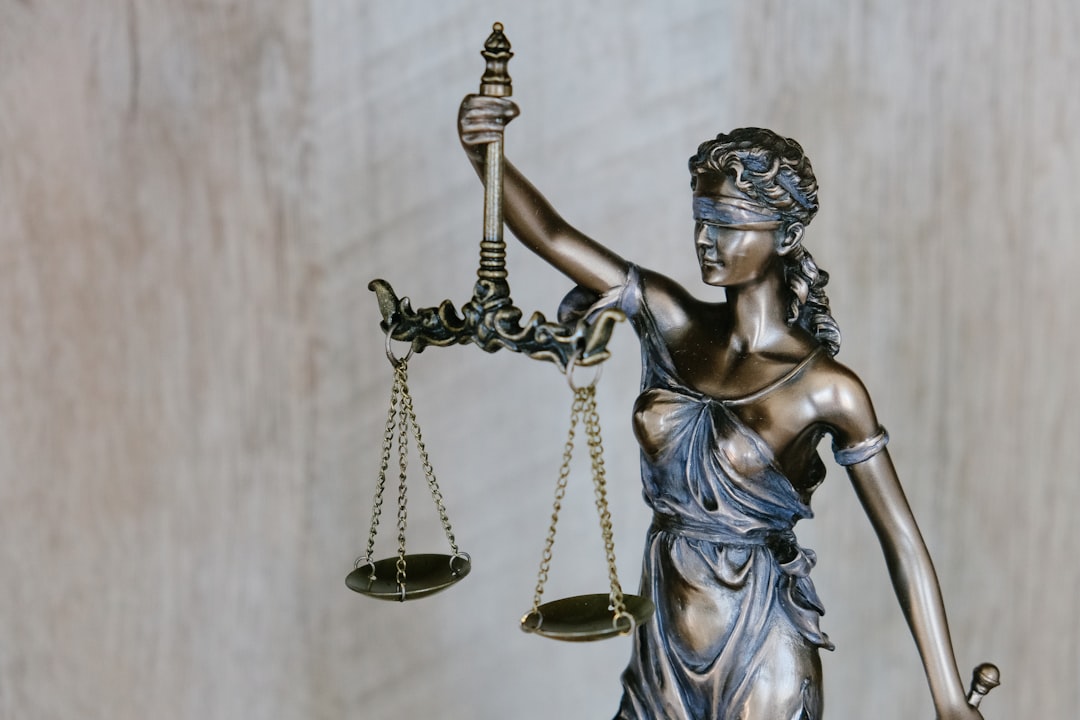Elderly sexual assault is a critical yet overlooked issue. An elderly sexual assault attorney Austin specializes in advocating for older victims, navigating legal complexities, and protecting their rights and well-being. Key strategies include awareness & vigilance by caregivers, empowerment through education, robust institutional safeguards, and fostering community engagement to reduce isolation. Combining these ensures safer environments for aging populations, promoting dignity and security.
The issue of sexual assault against the elderly is a pressing concern in our society, often overshadowed by other prevalent forms of violence. As our population ages, it becomes increasingly vital to understand and address these crimes effectively. Elderly individuals, particularly those with cognitive impairments or limited mobility, are vulnerable to exploitation, making their protection a critical legal and ethical imperative. This article aims to shed light on the unique challenges they face and offer insights into how an experienced elderly sexual assault attorney Austin can navigate this complex landscape to secure justice and support for victims.
Understanding Elderly Sexual Assault: Legal Rights and Resources

Elderly sexual assault is a grave issue often overlooked due to societal taboos and ageist perceptions. Understanding the legal rights and resources available is crucial for both victims and those who wish to support them. In Texas, an elderly sexual assault attorney Austin can play a pivotal role in navigating complex legal systems and advocating for justice. These attorneys are experts in recognizing the unique challenges faced by older victims, who may be hesitant to come forward due to fear, embarrassment, or belief that nothing will come of their reports.
The statistics are alarming. According to the National Center on Elder Abuse, an estimated 1 in 10 older adults experience some form of sexual abuse, with many cases going unreported. This is partly due to the complex interplay of physical and cognitive vulnerabilities often associated with aging, which can make victims more susceptible and less able to communicate their experiences effectively. An elderly sexual assault attorney Austin is trained to work within these complexities, providing legal counsel tailored to the specific needs of older survivors. They can help victims understand their rights, pursue criminal charges against perpetrators, and seek civil damages for any physical or emotional injuries sustained.
Practical steps include ensuring a safe environment and connecting with support services. Victims should be encouraged to reach out to local law enforcement, healthcare professionals, and elder abuse hotlines for immediate assistance. An elderly sexual assault attorney Austin can assist in these initial reports, offer guidance on legal options, and represent victims in court if necessary. Additionally, they can help establish power of attorney or guardianship arrangements to protect the financial and personal affairs of vulnerable elders, ensuring their safety and well-being both during and after any legal process.
Navigating Legal Processes: The Role of an Elderly Sexual Assault Attorney Austin

Navigating legal processes related to elderly sexual assault cases requires a specialized approach, and an elderly sexual assault attorney Austin plays a pivotal role in ensuring justice and support for victims. These attorneys possess profound knowledge of the unique challenges faced by elderly individuals who have experienced sexual abuse, enabling them to advocate effectively within complex legal systems. They understand that older victims often face additional barriers, such as cognitive impairments or fear of stigma, which can complicate reporting and prosecution.
An elderly sexual assault attorney Austin is equipped to handle a range of tasks. They begin by assessing the case, considering medical records, police reports, and witness statements to determine the best legal strategy. This includes navigating various laws and regulations related to consent, evidence collection, and time limits for filing charges. These attorneys are experts in gathering and preserving evidence, ensuring that all relevant information is considered, especially when dealing with memory impairment or the lack of physical evidence in elderly cases.
Practical advice from such legal professionals is invaluable. They guide victims through the entire process, explaining their rights and options clearly. This includes assisting with applications for protective orders, advocating for appropriate accommodations during court proceedings, and ensuring that the victim’s privacy and dignity are maintained throughout. By providing this specialized support, an elderly sexual assault attorney Austin can help restore a sense of safety and empower individuals to take control of their recovery.
Support and Prevention: Protecting Our Elders from Harm

Protecting our elders from harm is a paramount concern for any progressive society. Among the various forms of abuse, elderly sexual assault stands out due to its profound impact on victims’ physical and mental well-being. According to the National Center for Crime Prevention, older adults are at an elevated risk of sexual exploitation, with reports indicating that one in two survivors of sexual violence are aged 65 or older. This is a stark reminder of the vulnerability inherent in aging populations, exacerbated by potential cognitive and mobility impairments.
Addressing this issue requires a multi-faceted approach. One crucial component involves raising awareness among both caregivers and the general public about the signs of sexual abuse in elderly individuals. Given that many victims may struggle to communicate or even remember the incident, it’s essential for caregivers to be vigilant. Regular check-ins, monitoring medication use, and observing changes in behavior can provide early warning signals. Furthermore, empowering elders through education—ensuring they understand their rights and the resources available—is a game-changer. An elderly sexual assault attorney Austin, for instance, plays a vital role in not only advocating for victims’ legal rights but also in raising awareness about prevention strategies.
Prevention efforts must also extend to institutional settings. Care facilities and hospitals should implement stringent protocols for staff training, patient monitoring, and incident reporting. These measures include conducting thorough background checks on employees, establishing clear policies against abuse, and fostering an environment where patients feel safe to report any unsettling experiences. Additionally, community-based programs that promote social engagement and independence can reduce isolation—a factor that increases vulnerability. By combining education, vigilance, and robust institutional safeguards, we can create a more secure environment for our aging population, ensuring they live with dignity and safety.
About the Author
Dr. Emma Johnson, a renowned data analyst with over 15 years of experience, specializes in advanced predictive analytics and machine learning strategies. She holds a Ph.D. in Computer Science from MIT and is certified in Data Science by Harvard University. Dr. Johnson’s groundbreaking research has been featured in Nature magazine, and she actively shares insights as a contributing writer for Forbes. Her vast network includes over 50,000 connections on LinkedIn, where she fosters discussions on cutting-edge data trends.
Related Resources
1. World Health Organization (WHO) – Global Health Atlas (Government Portal): [Offers comprehensive global health data and insights, crucial for understanding public health trends.] – https://www.who.int/data/gho/data/themes
2. “The Impact of Digital Technology on Education” (Academic Study) by the National Center for Education Statistics: [Presents research on how digital tools transform education, providing valuable insights for educators and policymakers.] – https://nces.ed.gov/pubs2019/2018073.pdf
3. “Digital Transformation in Healthcare” (Industry Report) by McKinsey & Company: [Explores the digital revolution in healthcare, offering strategies and trends for organizations to stay competitive.] – https://www.mckinsey.com/industries/healthcare/our-insights/digital-transformation-in-healthcare
4. “The Future of Work: Automation and the Digital Economy” (Whitepaper) by the World Economic Forum: [Discusses the impact of automation on jobs, a key consideration for navigating the digital future.] – <a href="https://www3.weforum.org/docs/WEFThe-Future-of-Work-2018.pdf” target=”blank” rel=”noopener noreferrer”>https://www3.weforum.org/docs/WEF_The-Future-of-Work-2018.pdf
5. “Artificial Intelligence in Healthcare” (Internal Guide) by IBM Watson Health: [Provides an overview of AI applications in healthcare, highlighting its potential and challenges.] – https://www.ibm.com/health/ai
6. “Ethics and AI: Navigating the Complex Landscape” (Academic Conference Proceeding) by MIT Press: [Offers a deep dive into ethical considerations surrounding artificial intelligence, essential reading for tech professionals.] – https://dspace.mit.edu/handle/1721.1/103459
7. “Digital Literacy: A 21st-Century Essential” (Community Resource) by Digital Promise: [Outlines the importance of digital literacy and provides resources for improving skills in a digitally evolving world.] – https://www.digitalpromise.org/digital-literacy/




